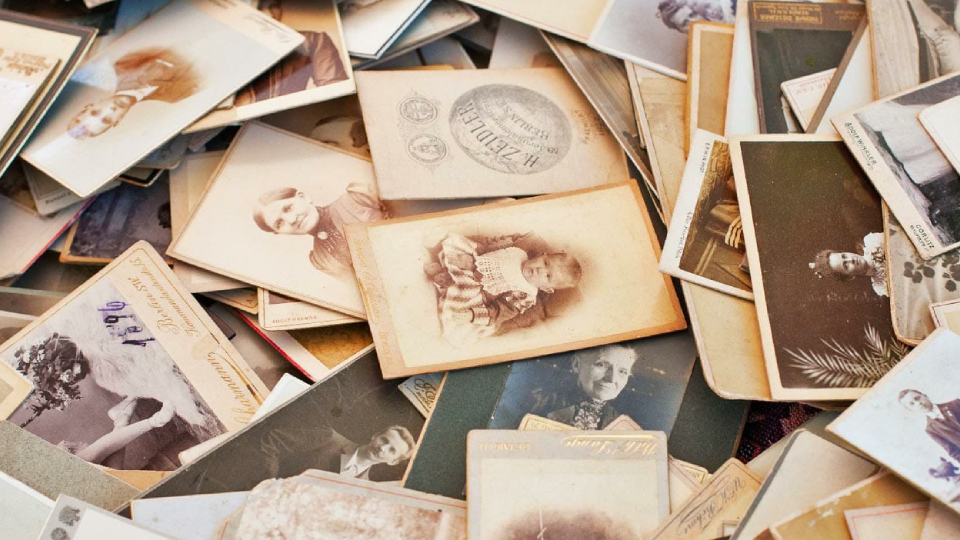Organise what you know
You will have to look for information about certain people in certain places at certain times. Starting family members who are living is a good idea. And this can begin by interviewing family members and taking down information from bibles, other family records and inscriptions on the cemetery. With this information an ancestor chart can be filled with names. Relationships can be figured out using a cousin chart.
Begin the research
A good place to start is census records. Began in 1790 and occur once in every 10 years. You can find the census schedule in the Internet archives or through electronic databases like ancestry.com or heritage quest. There are laws that prohibit you from accessing the federal census population records until 72 years after the date taken. You can find your ancestor in their household from the censuses. You can start with the latest one available and then work backwards. Remember to check the actual census record and not just the preview of the record or index. Sama copy or print the entire census to record the information that you have got for the entire household. You can also take note of the neighbours in the households on either side of your ancestors. Neighbours can give you information about your ancestors earlier residence details. The data in Census varies year by year and can have information about relationship, occupation, or ownership of real estate etc.
The first census, which named all African Americans, was taken in 1870. In North Carolina, important records like that of births and deaths were not maintained till before October 1913. If you are doing your research in North Carolina, you can look in some specific places like the North Carolina digital, the library’s catalogue for any published records, the government and heritage library, the State archives of North Carolina, the history building in Raleigh, the cemetery census, the colonial and state records online.
Your research can be extended to include other records which could hold related information like wills, record of marriage, deeds abut purchase and sale of land, tax lists, bonds or court records.
Record what you have found
The main part of your research is to record your findings. You can use a research log, to track the sources viewed. And family group sheets to list out collateral relatives.

